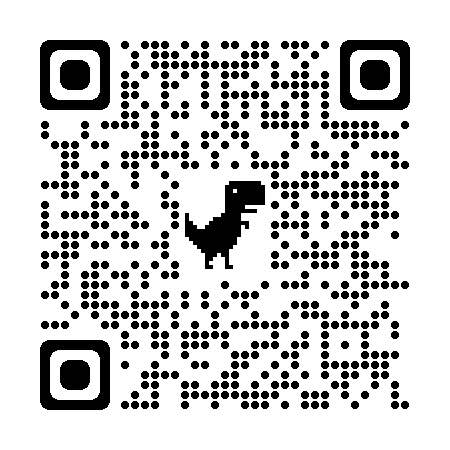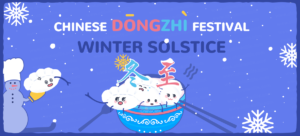| The Chinese Winter Solstice Festival, also known as “Dongzhi,” is a traditional celebration observed in Chinese culture. It typically falls on or around December 21st or 22nd of each year, marking the winter solstice, which is the shortest day and longest night of the year in the Northern Hemisphere.
The Winter Solstice Festival holds great significance in Chinese tradition and is considered a time for family reunion and the celebration of the arrival of winter. The festival’s name, “Dongzhi,” translates to “winter’s extreme” or “the arrival of winter.” It symbolizes the transition from darkness to light and the gradual return of longer days as winter begins. During the festival, families gather together to enjoy a lavish feast, usually featuring traditional foods that represent good luck and harmony. One popular dish is “tangyuan,” glutinous rice balls filled with sweet fillings, such as sesame paste or red bean paste, which symbolize unity and family togetherness. The Chinese Winter Solstice Festival is also associated with the concept of “yang,” representing warmth, light, and positive energy. To balance the yin and yang energies during the cold winter months, families may participate in activities such as making and eating tangyuan, enjoying hot soups and stews, and taking warm baths. Additionally, the festival holds cultural and historical significance in Chinese folklore and legends. It is believed that during this time, the Earth, nature, and human beings experience a momentary pause, and yin energy is at its peak. Families pay homage to their ancestors, offer prayers, and express gratitude for the past year while looking forward to the future. Overall, the Chinese Winter Solstice Festival serves as a time for reflection, family bonding, and embracing the changing seasons. It highlights the importance of harmony, unity, and the cyclical nature of life.  |
Good Fortune Feng Shui & Gifts






